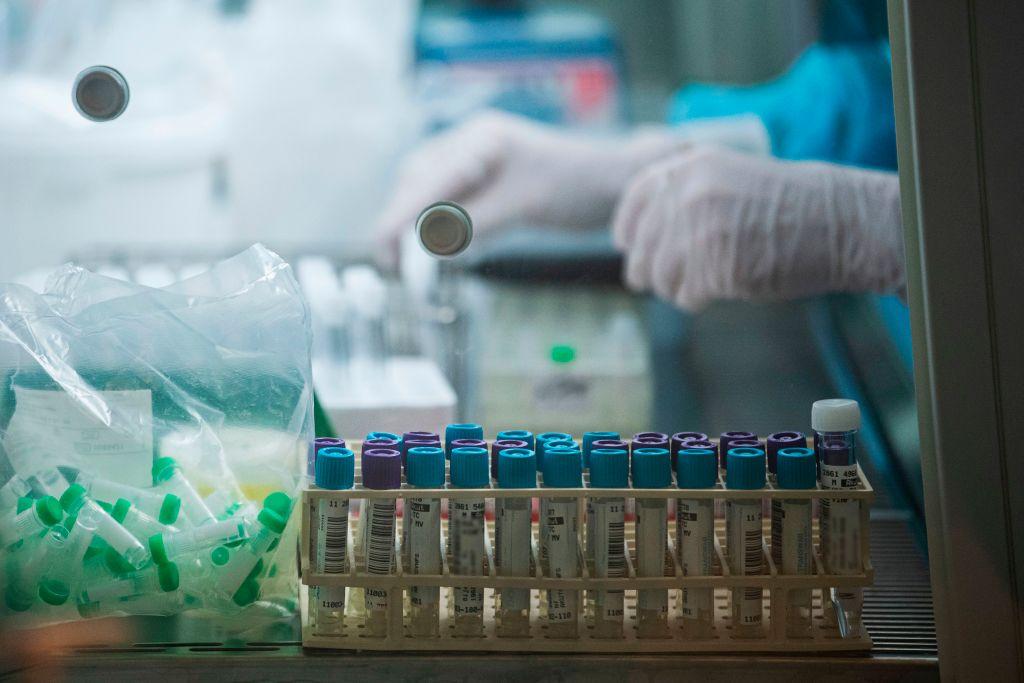Most people who have recovered from COVID-19, even with mild illness, retain a broad and durable immunity to the disease, including some degree of protection against its variants, according to an Emory University study published in the journal Cell Reports Medicine.
The longitudinal study, the most comprehensive of its kind to date, involved 254 COVID-19 patients between the ages of 18 and 82 years who provided blood samples at various points for a period of over eight months beginning in April 2020. About 71 percent of the patients had mild disease, 24 percent experienced moderate illness, and 5 percent had severe disease.






